On the 27th of April Minsk was hosting International Workshop “Istanbul Convention as a tool to develop complex measures for prevention of violence against women at the national level”. The workshop was conducted at the initiative of the United Nations Population Fund, Ministry of Internal Affairs of the Republic of Belarus, Ministry of International Affairs of the Republic of Belarus. Such a seminar was arranged in Minsk first time.
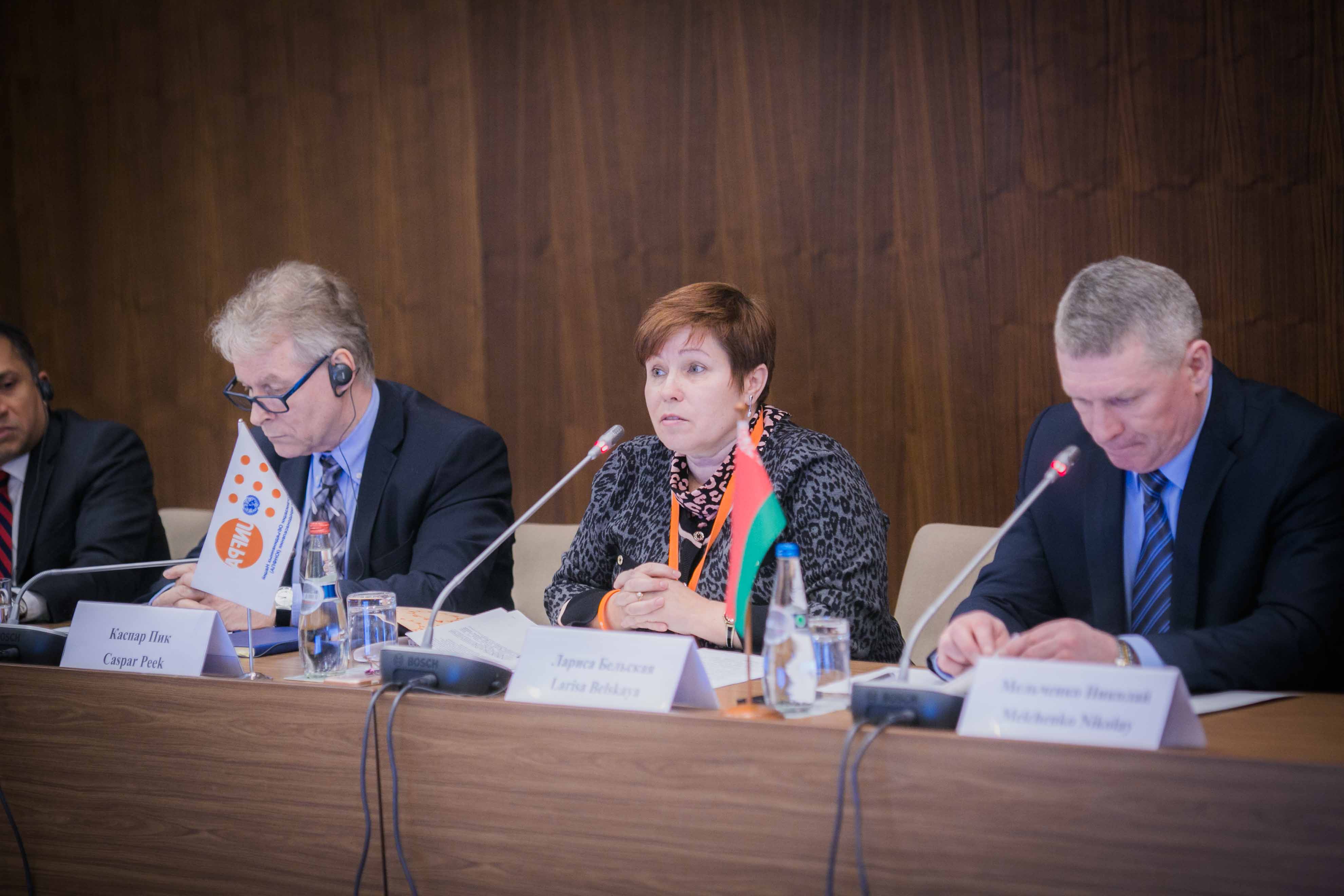
Seminar was attended by representatives of the relevant committees of the House of Representatives of the National Assembly of the Republic of Belarus, representatives of the Ministry of Internal Affairs, representatives of the Ministry of International Affairs, relevant NGOs, diplomatic corps, etc.
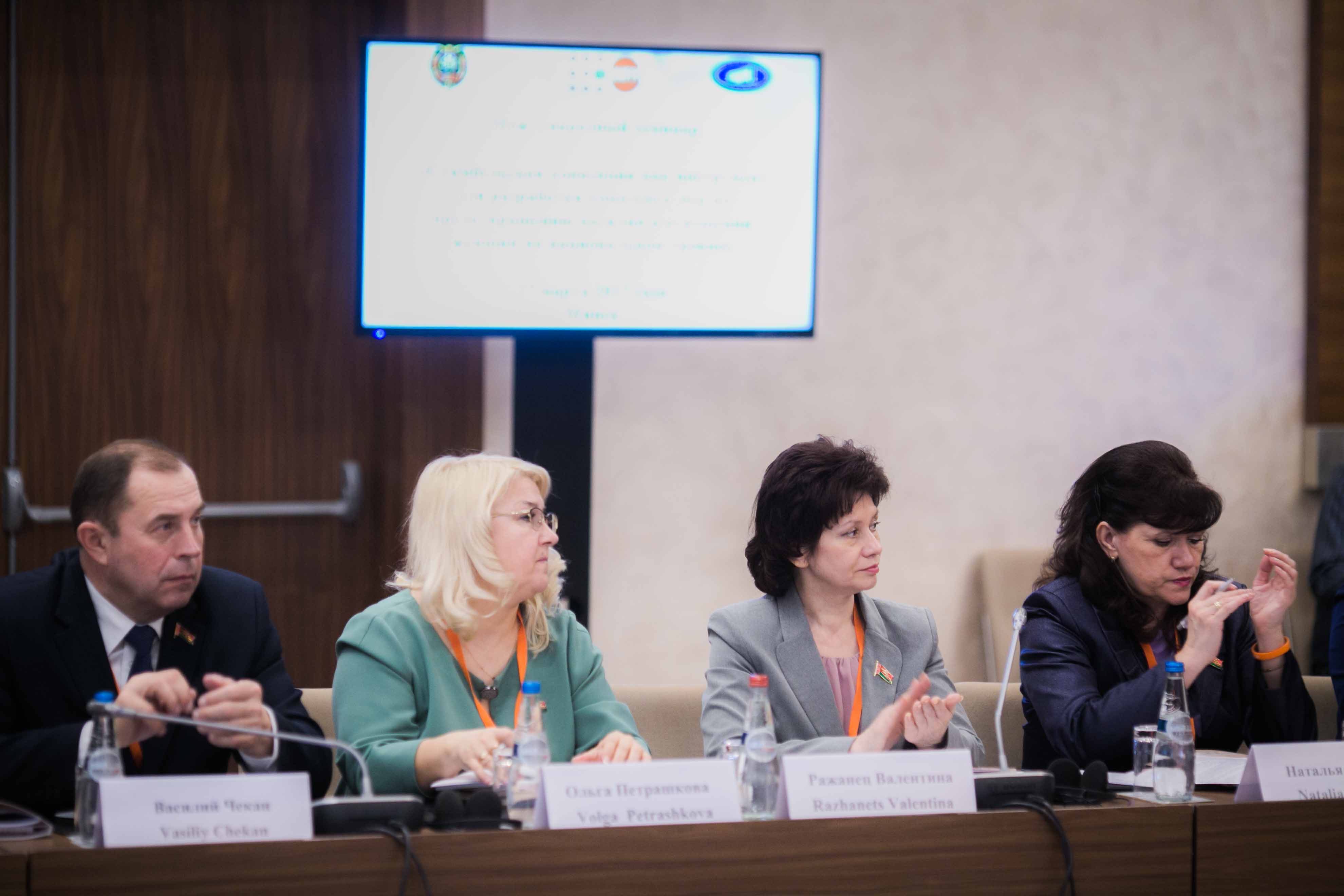
The International workshop was encouraging all the attendees to familiarize themselves with the main provisions and targets of the Convention of the Council of Europe on prevention and combating the violence against women and domestic violence (Istanbul Convention), as well as to look through the experience of Portugal, Moldova and Ukraine in terms of Convention accession.
Istanbul Convention came into effect on the 1st of August, yy.2014 This Convention represents the power signal to the whole Europe, as well as countries beyond, and the millions of women who are the victims of violence. Special attention should be paid to the innovative character of the Convention. So that, within the frames of this very Convention, violence against women has been admitted as the violation of human rights and as well as one of the forms of discrimination. Istanbul Convention is the first international treaty, which comprises the terminology on the gender identity. Furthermore, Convention is focused on the building-up zero tolerance towards any types of violence, by fixing the liability prosecution with respect for the wide range of the acts of violence: physical violence, sexual violence, forced marriage, forced abortion etc.
Through this seminar, the organizers were aiming to attract the attention of society towards the problematic of the domestic violence, and as well to highlight the need of enhancement of national legislation taking into account the provisions of Convention.
Mr. Melchenko Nikolay Alexandrovich, Deputy Minister of Internal Affairs, has specified that currently Republic of Belarus is facing the implementation of new and effective approaches, directed towards the increase of the on-the-issue delivery as well as the scope of preventive measures being undertaken. This very activity received significant impulse due to the support of international partners, such as UNFPA and as well the Embassies of UK and Sweden.
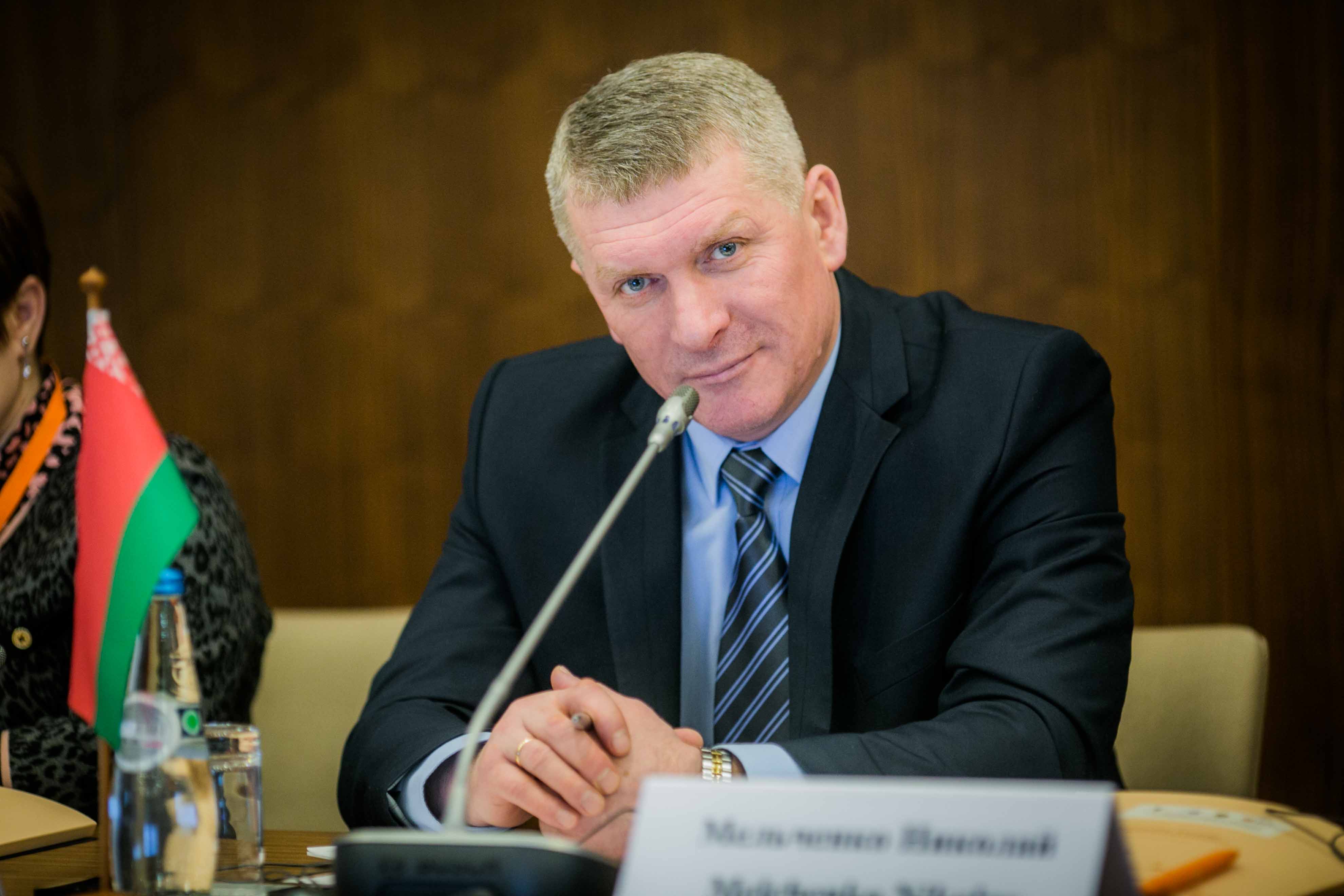
Mr. Caspar Peek, Country Director of the United Nations Population Fund (UNFPA) in Belarus, underlined that targeting the comprehensive settlement of the domestic violence problematic we need to arrange the engagement of all the related parties. The high level of involvement of Republic of Belarus into the problem resolution is currently absolutely vivid.
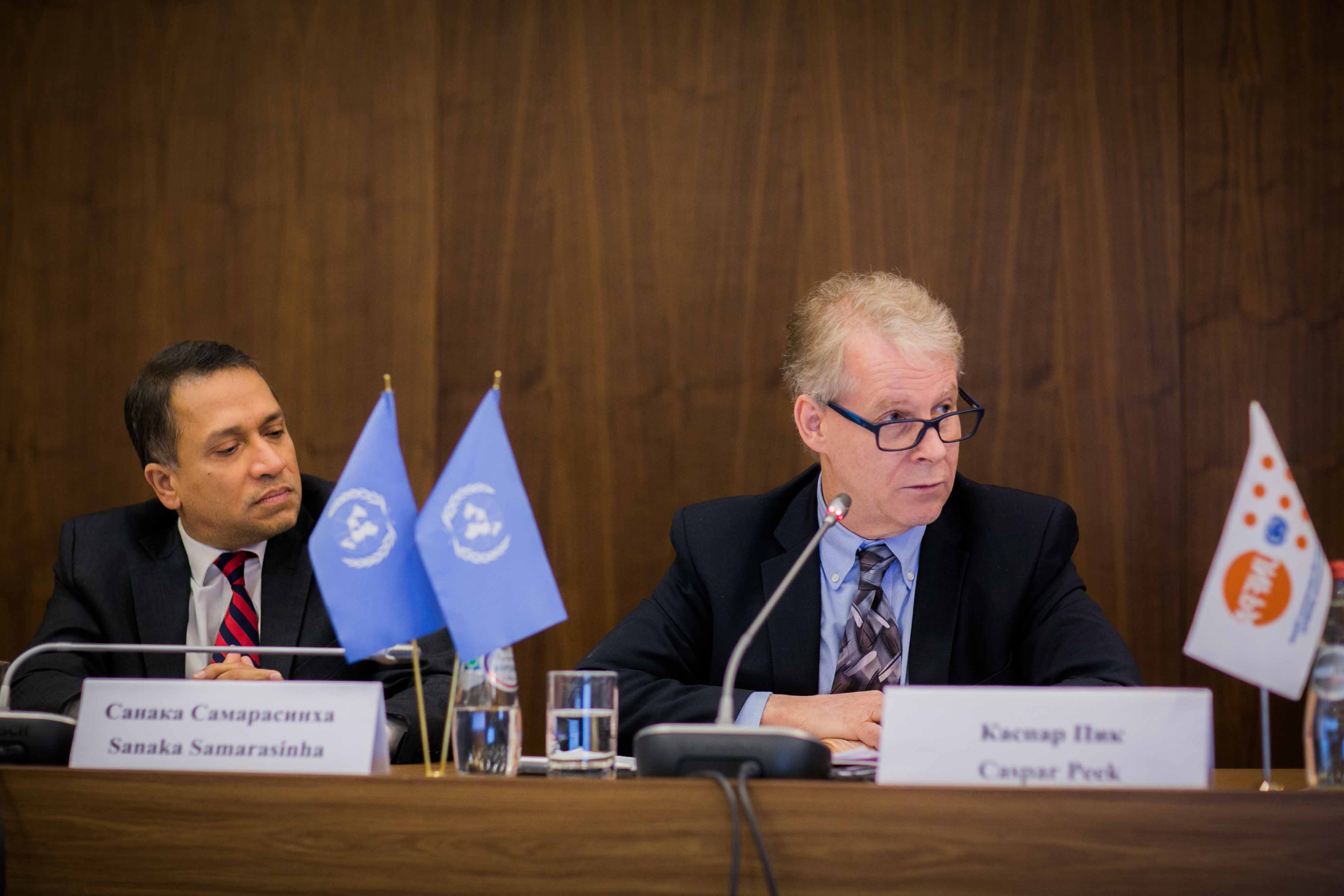
Within the frames of the international workshop national partners as well as the international experts have contributed with the on-the-issue presentations. Related experience of the implementation of the Istanbul Convention provisions were shared by Mrs. Ganna Khrystova, associate professor, doctor of law (Ukraine), Mr. Vlad Luka, representative of Ministry of labor, social defense and family of the Republic of Moldova and Mr. Migel Karmo, representative of General Prosecutors office of Portugal.
Mr. Miguel Karmo has underlined that Portugal was the first country in the European Union to ratify the Istanbul Convention. To that extent and during the year 2015, the Portuguese Parliament adopted legislation to bring the national legal system into line with the principles and rules of the Istanbul Convention.
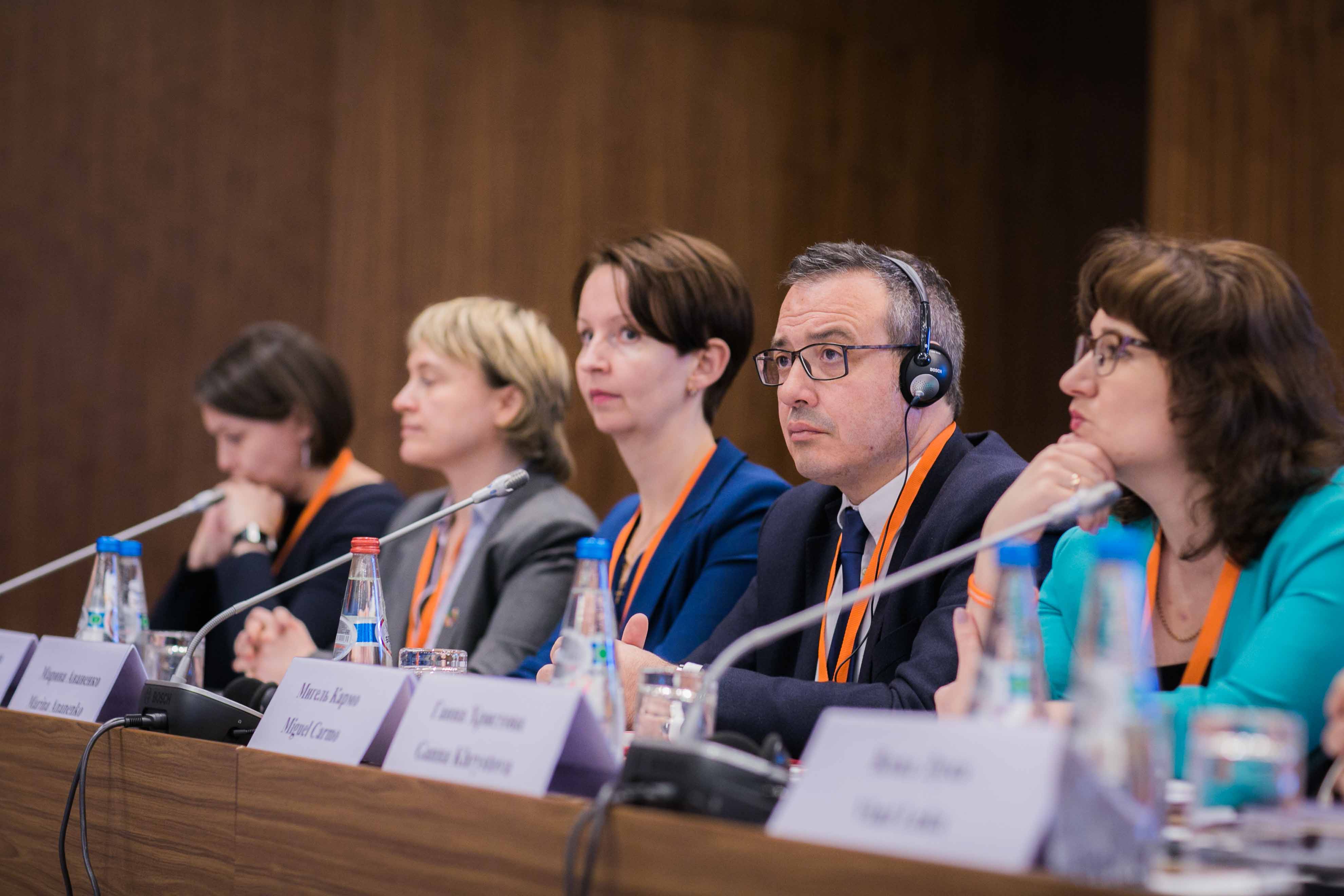
Additionally to the presentations of the international experts, the relevant presentations were as well delivered by the national partners.
The point of the urgency of violence issue for the Republic of Belarus was raised by Mr. Oleg Karazey, the Chief of bureau of the administration of the prevention of the Main Department of law enforcement of the militia and social security of Ministry of Internal Affairs. Mr. Karazey remined on the adoption of the new redrafted law “On the basics of activity towards the breach of law prevention”. Since then we can track the operation of the breakthrough mechanisms on the domestic violence prevention. In particular, it refers to the protective orders (during the year 2016 the quantity of protective orders amounts to approximately 3000).
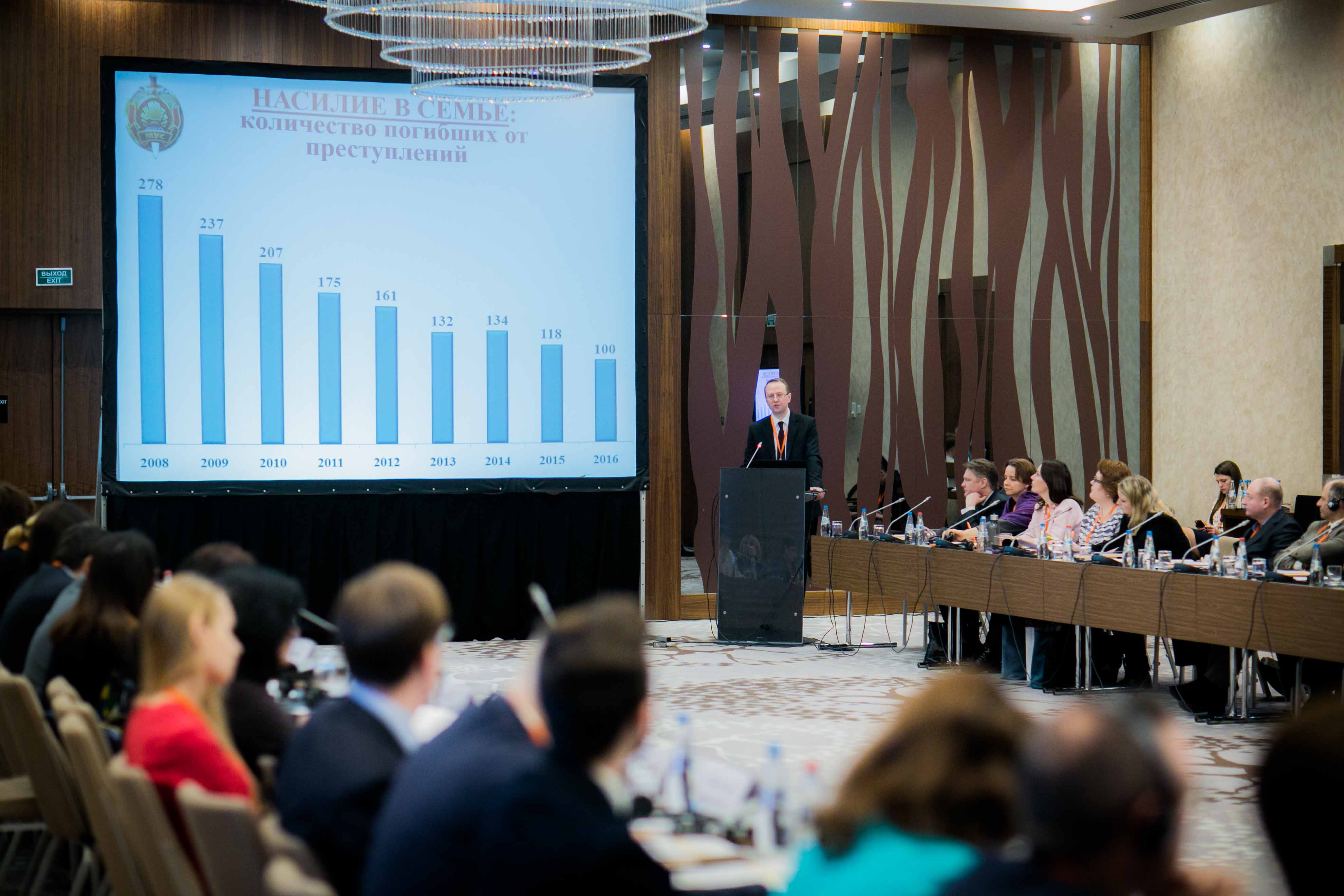
## ## ##
The international high-level workshop “Istanbul Convention as a tool to develop complex measures for prevention of violence against women at the national level” is organized within the framework of the international technical assistance project “Strengthening national capacity to counteract gender-based violence (with focus on domestic violence) in the Republic of Belarus”, which is being implemented jointly by the Ministry of Internal Affairs of the Republic of Belarus and the United Nations Population Fund (UNFPA), with the participation of interested national partners. The project is supported by the UK Government and the Swedish International Development Cooperation Agency (SIDA).
Project purpose - strengthening national capacity to counteract and prevent gender-based violence (with focus on domestic violence), especially towards women



